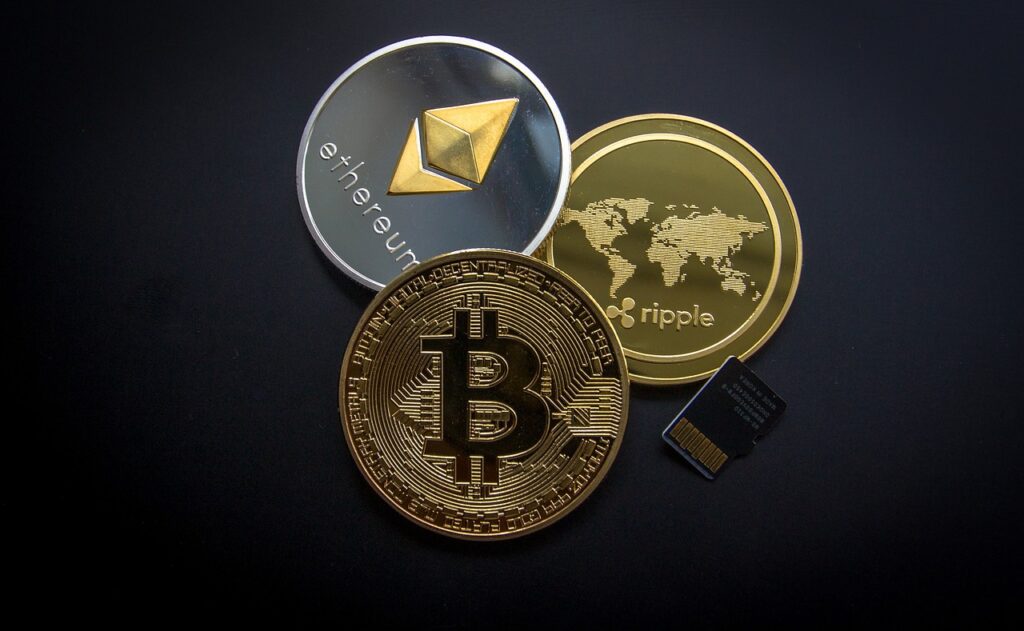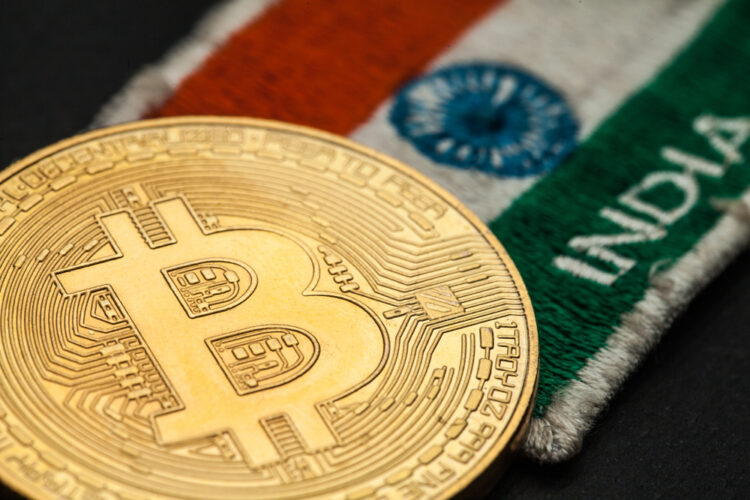After the year 2024 has finally begun, we were surprised by certain things such as – the pandemic is still not over, there are crazy climate changes in the world, Kanye and Kim are getting a divorce, and finally – Bitcoin has reached an unprecedented price point! Almost none of the predictions that financial experts suggested, haven’t happened yet, or they have, but in an opposite direction. The era of modern technology is undoubtedly reaching its peak. The reasons for this are numerous. What made cryptocurrencies so popular is the transparency, independence and real value with no limitations or control. Oh, unless you forget your password keywords, and lose a couple of millions of dollars in Bitcoin. That’s what 2024 also brought!
Still, cryptocurrencies are unique in their way of functioning. Not only are there a limited number of coins, so inflation and other factors from the outside world cannot harm the Bitcoin and other currencies’ value, but the system works perfectly fine, with no governmental institutions involved. This self-regulating system was born almost eleven years ago, with a simple intention of creating a decentralized currency that would make a revolutionary change in the way we perceive investing, shopping, trading and doing business. And it’s finally happening!
Table of Contents
Are there any differences across the globe?

Still, laws and regulations that follow crypto trade are not being completely developed in all the countries in the world, therefore there are different levels of tolerance when it comes to any transaction involving other than the traditional currencies. Australia is one of the most liberal countries when it comes to Bitcoin specifically, since their government has declared a law which completely regulated and legalized Bitcoin. This has happened because the country recognized the crypto potential and the positive impact it may have on their economy. Not only is it possible to buy or sell Bitcoin in Australia, but it’s a normal thing to pay for things in crypto, get paid in Bitcoin, trade or exchange. Although a highly convenient and a much safer alternative to the money as we used to know of, Australia is just one of the countries that have accepted this model and joined the hype. On the other hand, there are much more unregulated markets where everything or almost everything about cryptocurrencies is in the grey zone, or is partially legal. One of those countries is India.
Is India one of the grey crypto zones?

What differentiates Bitcoin, Ethereum and other cryptocurrencies is the privacy it provides for its users. Although they are completely decentralized and transparent, meaning that all the participants know exactly where the coins are, since there are public records or in other words – blockchain, where the transactions and balance of trading individuals can be found; What does this mean? It means that you can track people’s public address and the way they handle the coins, but you will not be able to see their personal information, unlike the traditional bank accounts, credit cards info, including name and surname, date of birth, account number and other info that can easily become vulnerable, if attacked by hackers and other cybercriminals. Here, every person’s amount of crypto coins is safe and sound, since only they have the unique key or in other words – the access to their own digital wallet. Bitcoin is by its nature, a private system. It is a product that was invented and founded by an individual and that has been accepted as such, globally. Why is this important? And what does it have to do with India?
For the past couple of years, India has been trying to find a solution that would be mutually beneficial for the already existing crypto traders and investors, but also for the country itself. During the process, it was pretty complicated to understand the dos and don’ts of the way this functions in real life, and to distinguish the prohibited and the mandatory. However, it could be said that while the Bitcoin exchange was legal, the discomfort caused by the existence of cryptocurrencies in this country, has impacted the way they were regulated, making it extremely hard to operate in these conditions.
Why is India against Bitcoin and other cryptocurrencies?

Although there is a large number of crypto investors in this country, India has proposed a law which would completely ban private cryptocurrencies and slowly create and develop its own, national digital currency. This law is a framework of the theory that private cryptocurrencies are a good platform for criminal and other illegal activities, which has to be prevented at all costs, after several negative experiences connected to money laundering and terrorism. The other reason behind this could be the fact that thanks to the decentralization, cryptocurrency assets can easily be transferred to other countries, since the system is not imagined as the traditional one, which has several levels of control. As a result, India has already listed The Cryptocurrency and Regulation of Official Currency Bill, but everyone is still expecting the final decision. The investors will not be left vulnerable, since the Law provides them with a certain period of time – from 3 to 6 months, in which they can exit their holdings, more or less safely. It’s important to mention that India is not the first nor the last one to propose a law like this. China has already banned all the private cryptocurrencies as well, and is actively working on the development of their own virtual crypto. Some of the countries who have already succeeded in making their own virtual system are Venezuela, Senegal and Equator, while Russia, Sweden and several others are still in progress, but are seriously considering limiting freedoms of private crypto exchange and trade.
New digital currency
According to icoholder.com, the proposed law is a good starting point for the invention and implementation of a new virtual currency in India. The Reserve Bank of India is looking into ways to issue and promote blockchain, following the new laws and regulations in the country. Since the interest in crypto-assets is only growing, this may be the compromise that will be convenient for both sides.
